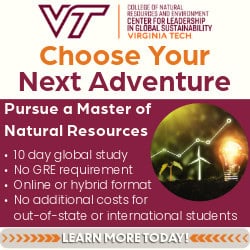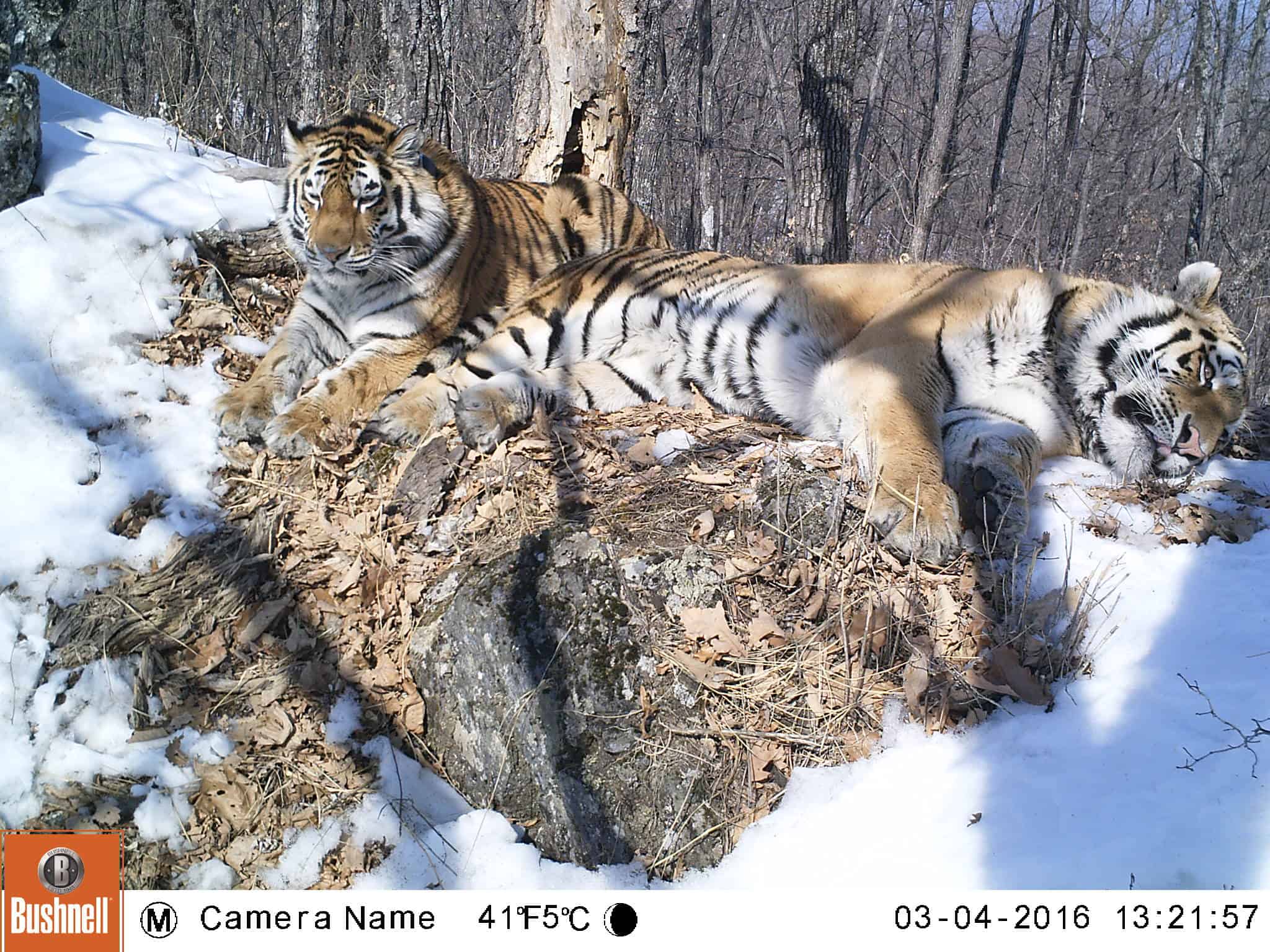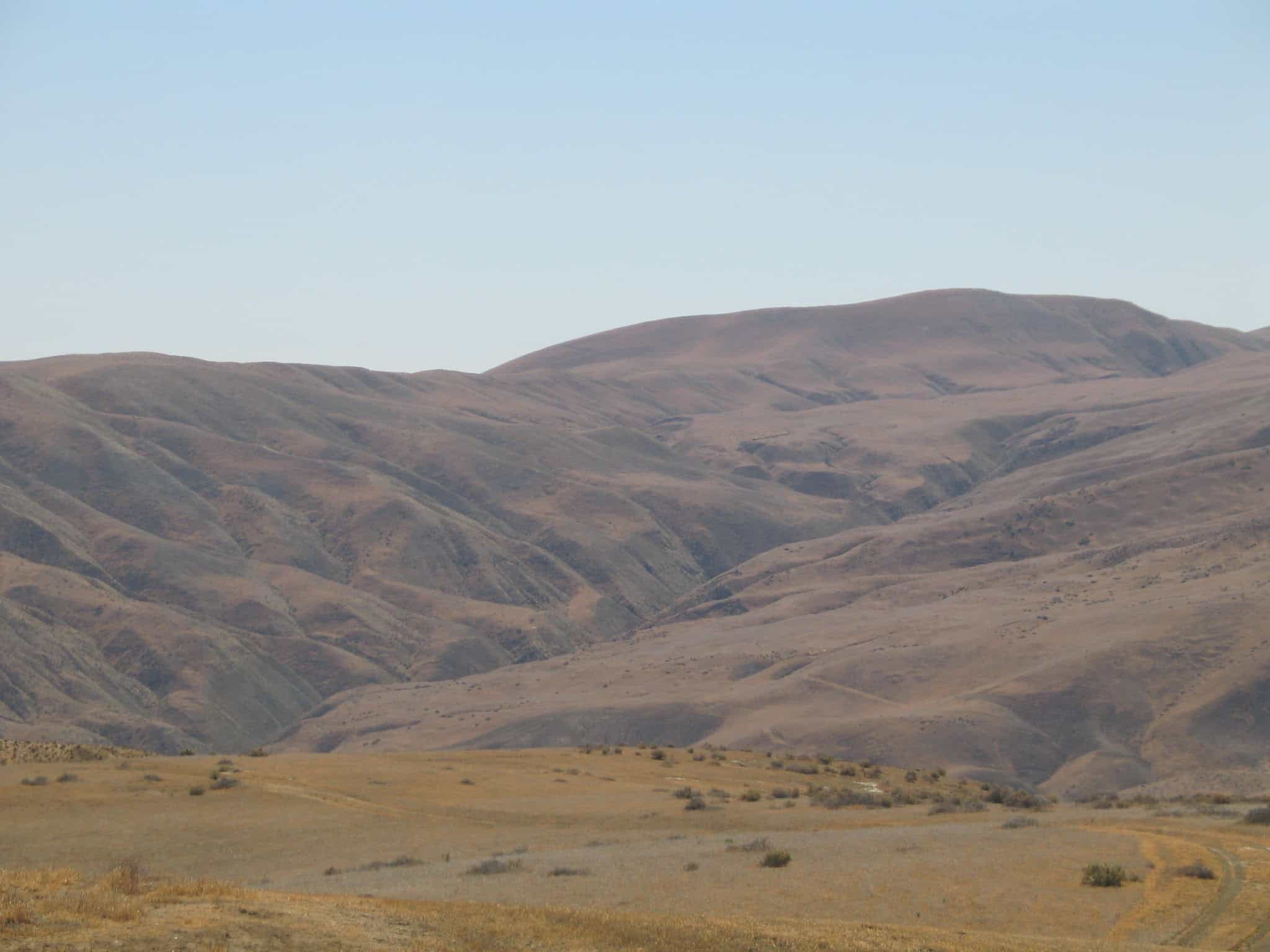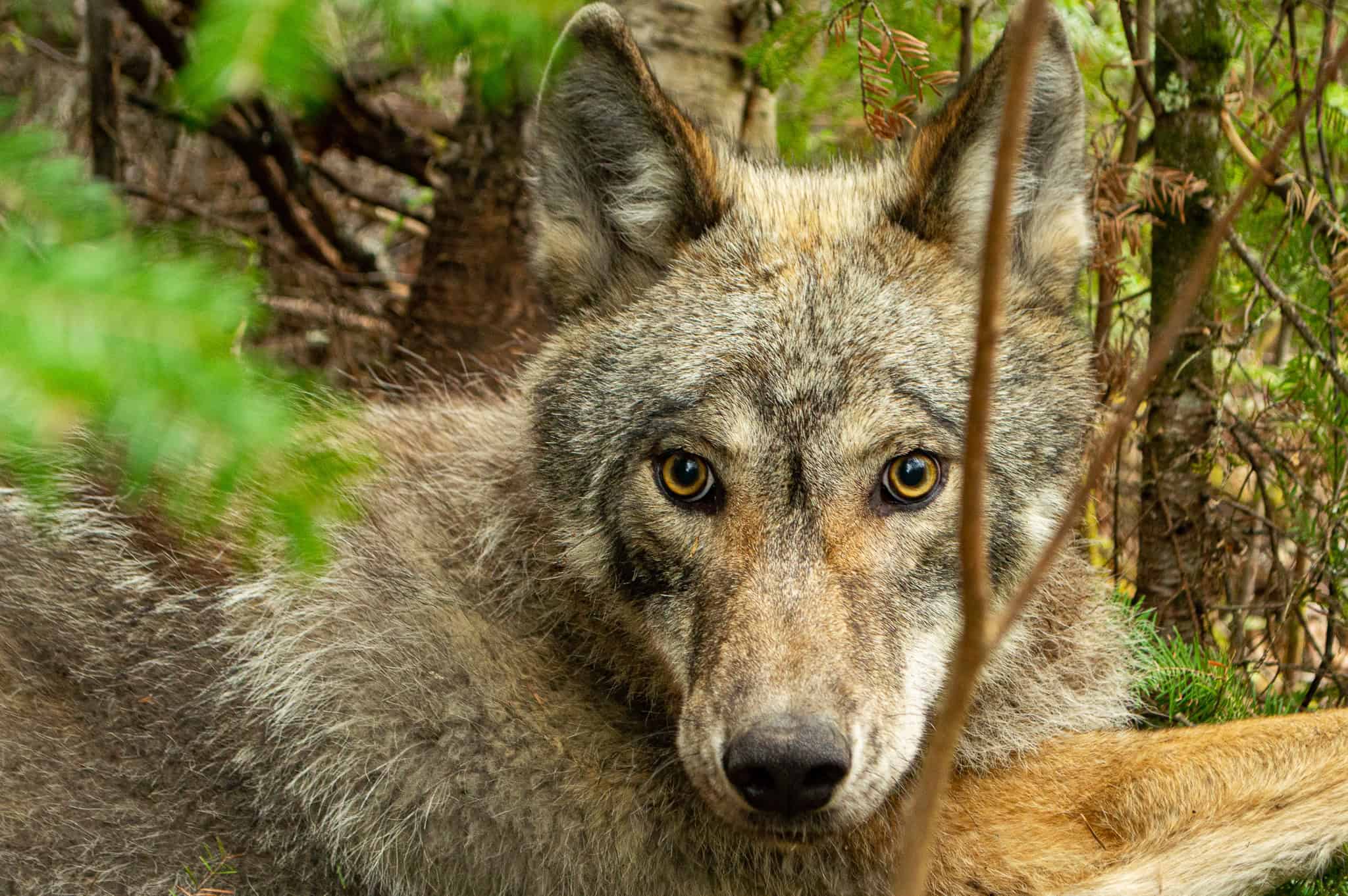Share this article
Meet The Candidates
The Wildlife Society announces candidates for positions on TWS Council. Electronic ballots will be sent in May to all members with an email address. If you do not have an email address, you will receive a mail ballot. Newly elected members of TWS Council will be installed at the 21st Annual Conference, October 25-30, 2014 in Pittsburgh, PA.
The voting period is May 15 through June 20.
Candidate statements are provided below. You can also view all candidates’ bios here.
Vice President
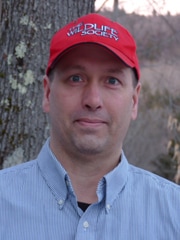 John McDonald
John McDonald
For over 75 years, The Wildlife Society has been the organization to belong to for people who care deeply about wildlife, wildlife science and management, and human-wildlife interactions in the broadest sense. Even with this long history, our Society still has lots of room to grow within its mission to serve this professional community.
My vision for The Wildlife Society is that it becomes recognized as the pre-eminent authority on wildlife science and management and that membership in The Wildlife Society is highly valued and sought after by everyone engaged in the wildlife profession. In recent years, membership has grown significantly, nearing the 11,000 mark, yet we know the potential membership is more than twice that number. By increasing the visibility of TWS on issues of relevance to our members and potential members, I think we can grow substantially.
Having served the Society at all levels, state chapter, student chapter advisor, Section, and on Council, I believe I have a sense of what matters to our membership. Further, I’ve worked for a state wildlife agency, a federal agency, and a couple of universities so have been exposed to the issues confronting our members across the spectrum of career paths and stages.
I am humbled to have been able to contribute to this society in the various capacities in which I have served and to be nominated for
Vice-President. I think I am well-prepared to serve in this leadership role. Serving on Council with some excellent executive officers who have navigated us through some difficult times has given me insight into the operations of the organization and what we need to do to continue to grow and to serve our members and the wildlife resources to which we have devoted our careers and our passion.
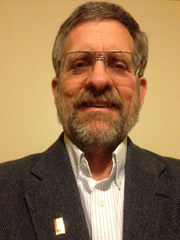 Bruce Thompson
Bruce Thompson
TWS is a diverse organization with strong infrastructure throughout North America. Members represent a wide array of professional service, among which we have opportunities to continue recent successes in cultivating prospective members. We are facing especially challenging and continuing financial conditions and heavy demands to remain current with rapidly changing information that affects local, regional, national, and international natural resource policy decisions. We must provide crucial and effective policy engagement with important conservation partners, ensure strategic program implementation, feature strong and attentive member services, promote substantive exchange of pure and applied science through TWS operations, communicate effectively among members, incorporate Canadian interests broadly in TWS business, and ensure strong oversight of TWS finances and staffing.
It is critical that we continue ongoing integration of more gender and cultural diversity in TWS leadership ranks. Further, we have exciting options to explore for engaging our cadre of TWS Fellows and award recipients to be effective ambassadors for TWS and to strengthen our program development.
I recognize the importance of being in the forefront of conservation leadership and necessary adaptation to changes within TWS and among our partners. I have worked professionally with TWS members and partners throughout North America, have been a section representative and President of state chapters, have worked in editorial and committee positions at all levels of TWS, and have worked among many resource employers and programs represented by TWS members. Thus, I am familiar with TWS and the base of its evolving needs. That mix of experience and ability allows me to effectively understand and communicate member interests and develop productive exchange as a TWS leader.
Central Mountains and Plains Section Representative
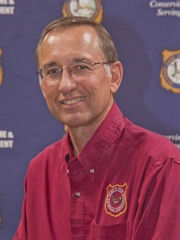 Bob Lanka
Bob Lanka
The Wildlife Society is our professional Society. My early career with the Wyoming Game and Fish Department focused heavily on state management of game species. That emphasis enabled me to engage first hand in matters of public trust, state ownership of wildlife, allocation of wildlife by law and science based wildlife management and policy. More recently my career has broadened to include information and education and my management responsibilities now include all terrestrial wildlife in Wyoming including species at risk.
Throughout my career, The Wildlife Society was there. TWS publications as well as attendance at state,
section and Annual Conferences provided continuing education. I deeply value the camaraderie, professional networking and opportunities the Society provides to serve, to take on leadership roles, to mentor students and early career professionals and to learn and grow. Simply put, without the Society, I would not be who or where I am today.
I have had the honor to serve our society in both the Wyoming Chapter and Central Mountains and Plains Section. Now, I humbly submit my name to Section membership to serve as your representative to Council. If elected, I will work to enhance the relationships between the Society, section, state and student chapters; to increase the relevance of the Society to those in state chapters who are not members; and to continue the Society’s efforts to encourage students and early career professionals to become active life-long members and leaders of our profession. Thank you for your consideration.
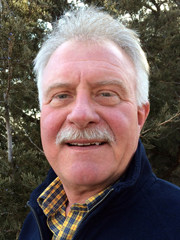 Bill Vodehnal
Bill Vodehnal
We live in a society driven by political, economic and social forces that ultimately lead to more altered native landscapes and fluctuating wildlife populations, and eventually, to loss of biodiversity. These challenges are not simple and easy to resolve, but we must continue to strive to use the best scientific knowledge available to make informed decisions and to take conservation actions that address these conflicts. Several issues come to mind relative to approaching conservation issues.
First, continue to conduct research and evaluate effects of landscape level changes on indicator species or biodiversity so that better science-based decisions can be made.
Secondly, foster more continuing education for wildlife professionals as we have a personal responsibility to grow in knowledge and awareness every day of our wildlife career. Of most importance, increased promotion of The Wildlife Society as the ‘go-to’ organization for all wildlife professionals is essential.
Thirdly, be mentors to young wildlifers to carry forward the vision for wildlife. Fewer young biologists have a connection to the farm or ranch and management of these landscapes today, thus mentoring with veteran wildlife professionals would provide invaluable comfort, experience, and confidence to the upcoming cohort.
Finally, enthusiastically promote the Conservation Affairs Network of TWS. States do a good job of addressing local conservation threats, but we fail to communicate effectively at the section or parent society level. If we can further our knowledge of wildlife resources, advance our own professional growth, relate to young professionals, and address resource concerns across geographic boundaries, we can make a difference for wildlife.
Northeast Section Representative
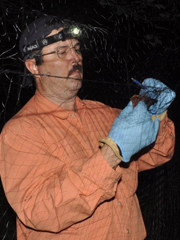 Tim Green
Tim Green
Wildlife in North America and around the world is facing constantly changing circumstances largely due to impacts and influence of humans. The Wildlife Society’s science based mission has allowed TWS to position itself uniquely, through the work of its members, to help solve many wildlife issues including endangered species management; impacts of energy development (both fossil and renewable); adaptation to climate change; over abundant wildlife (white-tailed deer come to mind); wildlife and zoonotic diseases; and the human dimensions aspects that come along with these issues.
Ensuring the long-term success of our profession is also important, and TWS has a commitment to the future through its various student based opportunities. I quite honestly see a bright future for TWS and the wildlife profession. The Society stays strong when its members become participatory, whether through peer reviewed papers, attendance at meetings and conferences, committee membership, or as an officer of one of the many subunits.
I became a member of The Wildlife Society in 1995 after a colleague of mine talked about her experiences with a student chapter in Arizona. I got “hooked” on the organization after attending my first TWS Annual meeting in Cincinnati, OH in 1996 and began volunteering my time first with the Texas Chapter, and later with the NY Chapter after I moved to Long Island. I have found participating in TWS rewarding on a number of levels. I intend on continuing to participate when and where I can.
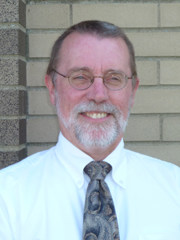 Paul R. Johansen
Paul R. Johansen
It is an honor to be selected as a candidate for Northeast Section Representative to The Wildlife Society. With strong support from The Wildlife Society, the Northeast Section has demonstrated a continued commitment to serve the professional needs of dedicated wildlife managers, educators, researchers and administrators throughout the region. Working together, we can continue to meet the challenges and opportunities that face our natural resources and the users of these valuable resources.
In today’s changing society, it is imperative that the wildlife profession be prepared to address a wide range of issues and concerns (e.g., limited operating budgets, growing anti-management sentiment among various segments of the public, threats undermining the North American Model of Wildlife Conservation, climate change impacts, accelerated habitat degradation, impending retirements that will result in the loss of institutional knowledge, etc.).
The Wildlife Society is well positioned to assist the wildlife profession, as we attempt to address many of these challenges. By adopting an effective and business-like approach to management, The Wildlife Society continues to improve its scientific and technical publications, networking and information dissemination capabilities, wildlife policy activities and other programs designed to support its membership in all areas of wildlife conservation and management. I fully endorse these initiatives, recognize their importance to our profession and pledge to explore additional means for improving organizational effectiveness and program delivery to our membership.
I am proud to be a member of The Wildlife Society, the Northeast Section and the West Virginia Chapter. Council members have always demonstrated excellent leadership skills and a commitment to the resources we all value. Should I be elected to this office, I will attempt to continue this fine tradition and serve to the best of my ability.





